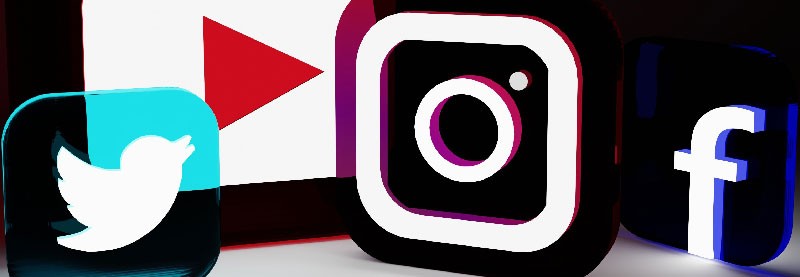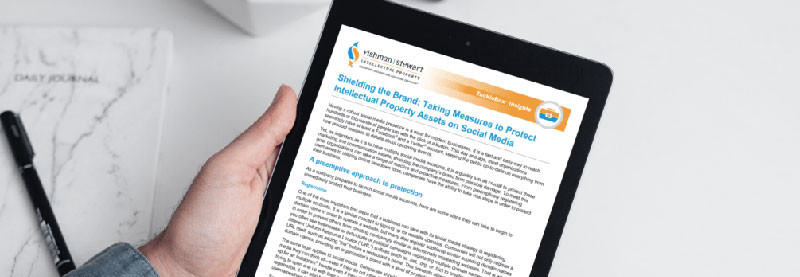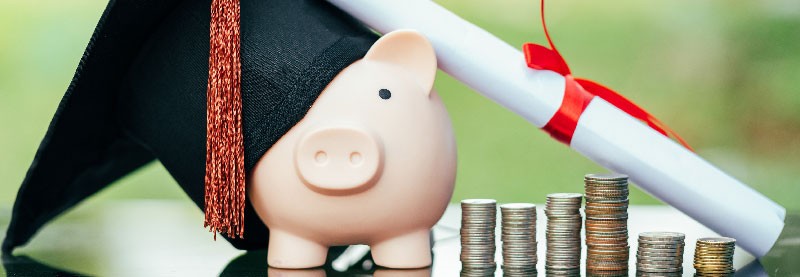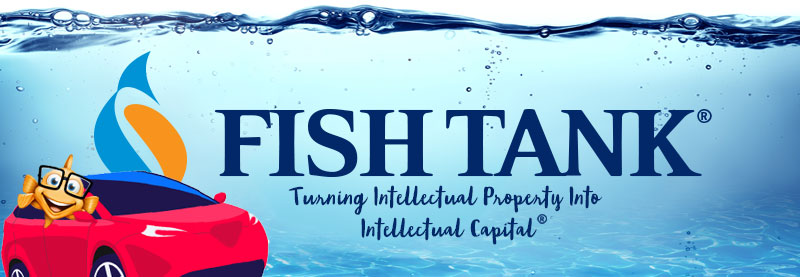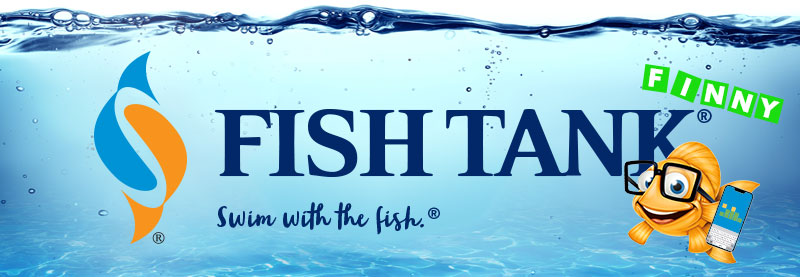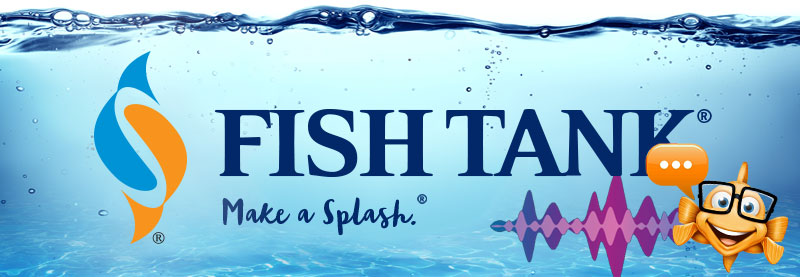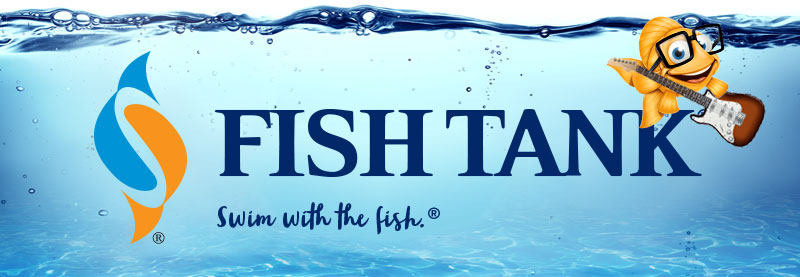Intellectual Property Insights from Fishman Stewart PLLC
Newsletter – Volume 22, Issue 21
Share on Social
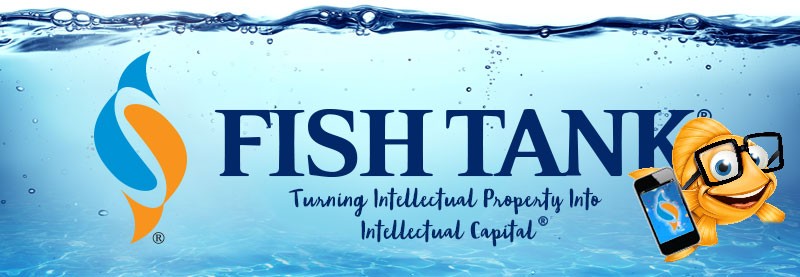
COPY AND PASTE? NOT SO FAST. Some Copyright Caution.
By: Julie A. Greenberg
Have you read an interesting article or social media post that just “speaks to you” – saying exactly what you want to say yourself, or proving a point you really want to make? If so, you may have wanted to “copy and paste” that article, or even a portion of it. But heed this warning: copyright law (literally the law governing the “right to copy”) has some prohibitions you should know about.
In the United States, and in many other countries, copyright protection arises at the moment a work is fixed in tangible medium. This means, for example, that you have rights as soon as you write a poem with a pen on paper, save a typed letter to your computer hard drive, record a song on tape, paint on canvas, sculpt in marble, or snap a photograph on your mobile phone. A work is protected by copyright automatically: the author need not file for protection with the government to protect a work.
It is advisable to assume that copyright law applies – no matter the nature of the work – and do not copy any of this into your own work, your own article, or your own social media post, without permission of the owner. Permission is very often given – authors are often flattered to be asked. Don’t be shy about asking.
U.S. copyright law grants the owner of copyright in a work the exclusive rights to reproduce and publicly distribute, perform and display the work, among other rights. All copying is covered – even downloading a copy onto your computer may constitute an unauthorized copy. Further, there is no “social media” exception to these rights, although some social media platforms may include a license in their terms of service which permits “sharing” and “retweeting” certain content within the platform. While “retweeting” and “sharing” may be permitted, you should be careful what you post and share. Social media posts and tweets are protected by copyright law just like everything else, so be careful before “embedding” content created by others into your own work outside of the platform. Also, “retweeting” or “sharing” someone else’s already infringing work might make you an infringer too.
Further, copying with attribution is not a loophole that avoids copyright infringement. In fact, providing attribution may complicate matters because it may be used as evidence that your copying was willful or intentional, which could subject you to higher penalties and damages in an infringement lawsuit. However, some works that are protected by copyright and made available for public use require that you provide proper attribution. For example, Creative Commons licenses often include a condition that requires the user to give proper credit, a link to the license, and indicate if any changes were made to the original work.
Finally, be wary of the murky area of “fair use.” While certain copying can avoid claims of copyright infringement if they fall under the umbrella of “fair use,” whether or not a copying is “fair use” is extremely uncertain, unpredictable, and ultimately can only be determined by a federal court. That’s not generally worth the risk.
With all that said, you may now be thinking, “So how can one safely refer to another’s work?” The best practice is to put the idea into your own words and provide a link to the original source. For example, you could write “Jane Goodall’s observations led to the discovery that chimps are omnivorous rather than vegetarian. See, https://www.janegoodall.org/our-story/our-legacy-of-science.” This is always a safe plan: linking to a work without quoting it is not copyright infringement.
Bottom line: Be cautious, and when in doubt, seek the author’s permission. If you find yourself wondering if something is protected by copyright law, please contact us, and we would be happy to advise.
Julie Greenberg is a Partner at Fishman Stewart and has more than 30 years of experience protecting and defending her clients’ valuable trademarks and copyrights at all levels, including in infringement matters worldwide, and in particular at the United States Patent and Trademark Office (USPTO) and the Trademark Trial and Appeal Board.
Published October 14, 2022
Measures To Protect Intellectual Property Rights On Social Media
Having a robust social media presence is vital for modern businesses. But how do you protect your copyrights and trademarks against theft and impersonation online?
Fishman Stewart Sponsors ESD’s Student Writing Contest Scholarship
Fishman Stewart PLLC is proud to sponsor a $1,000 scholarship for the winner of The Engineering Society of Detroit’s (ESD) Engineering Student Writing Contest. The contest was created in an effort to promote and engage student voices and ideas about the profession of engineering.
The contest is now open to all students attending accredited Michigan universities and studying within any of the engineering disciplines or related technical and scientific fields. The top three entries will be published in the January 2023 issue of the ESD’s TechCentury magazine. The top award-winning essay author will receive recognition at the 2023 ESD Gold Award Reception and a $1,000 scholarship sponsored by Fishman Stewart.
Click here for more information about the Engineering Student Writing Contest and to download the contest entry form.


Related Content from Fishman Stewart
Car enthusiasts are buzzing about Alfa Romeo's latest SUV which is also its first EV (plus a hybrid option). Initially branded as “Milano,” the name was changed to "Junior" after it was announced that the car would be produced in Poland.
The online word game Wordle was created in 2021 by Josh Wardle and quickly rose in popularity. Players receive a new puzzle daily with six chances to correctly guess a five-letter word of the day with limited clues.
In a recent decision, the U.S. Court of Appeal for the Eighth Circuit affirmed a jury verdict holding that the use of the "Success Kid" meme by a congressman's reelection campaign for fundraising purposes did not qualify as fair use.
In February 2024, proposed legislation was introduced in US House of Representatives which would extend copyright protection to golf courses. The bill is titled “Bolstering Intellectual Rights against Digital Infringement Enhancement Act” or the “BIRDIE Act”.
OpenAI recently held a live demonstration of a new ChatGPT version that included the use of an AI personal assistant voice dubbed “Sky.” Many observers compared Sky to Scarlett Johansson’s voice in the 2013 Spike Jonze romantic sci-fi film “Her,” which centers on a man who falls in love with the female voice of his computer’s operating system.
June is Pride Month, which honors the 1969 Stonewall Uprising in Manhattan and recognizes the impact that lesbian, gay, bisexual, and transgender (LGBTQ+) individuals have had on history locally, nationally, and internationally. The United States Patent and Trademark Office flies the Pride Flag and promotes the Pride community’s contributions with programming offered annually.
First-time inventions have led inventors to great successes throughout history, sometimes immediately, sometimes after several more attempts at more useful inventions. In the U.S., two very famous inventors with contrasting first-time experiences are Thomas Edison and Alexander Graham Bell.
June is Pride Month. This year we are celebrating with some IP tips for drag performers! Drag performers can protect their intellectual property by registering the copyrights in their original works of music, choreography, and comedy sketches.
Bands often start out as creative endeavors among friends, and bands may not prove lucrative for many years, if at all. Until bands break up, thought and planning may not be given to who is the owner of the band names and entitled to use them going forward.
You’re rarely more than a few yards from Finny’s favorite chips, semiconductor chips to be precise. But what exactly is a semiconductor chip?
IDENTIFYING, SECURING AND ADVANCING CREATIVITY®


